i went into child and youth care, and my first-year field placement was at my high school, running the peer support group, running events, stuff like that. my second-year field placement was with catholic social services, and i worked there for 22 and a half years. but it got to the point in 2008 where i couldn’t work with the clients anymore, because my vision just got to the point where it was unsafe. to this day, if i could do the front-line work, i’d be there. but it was not about me, it’s about the client. the organization found a place for me at the office, and i was there for five, six years. but i missed working with clients.
i’d like to give a shout out to the canadian national institute for the blind. i’ve been volunteering since last september with the men’s group and it gave me a sense of purpose again. it’s been just as good for me as it has been for them, i think
.
in your career did you ever have an experience where somebody misunderstood your abilities because you were visually impaired?
lots, yeah, especially the people i didn’t interact with on a regular basis. for example, i don’t take notes, because if i take notes, i won’t be listening to you. that’s created misunderstandings. or people might not think i’m listening to them when my eye moves around.
when i was first in the office, after a year my boss said,
wow, john, i thought i’d have to hold your hand a lot more in your job.
i was offended, but happy at the same time. i just said i appreciated the feedback, but it made me wonder how other people think of me. but, again, i can’t control what other people think. i can just do a good job and work hard and people will take me as they take me.
 11 minute read
11 minute read









